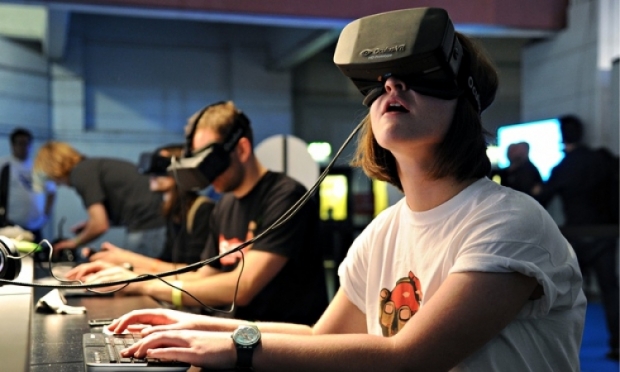On the list of cunning plans is a VR GPU certification, enhancements to its software/hardware platform and setting up a new VR supply chain. If this pans out, it should expand its presence in the VR market, and provide a rather nice channel for its Polaris GPUs.
Also included is a cunning plan to push VR Internet cafes in China. AMD has been assisting the development of Oculus Rift and HTC Vive as well as partnering with content providers to create applications for the gaming, entertainment, education, science, medical care and news sectors.
Other projects include AMD's LiquidVR project which aims to help simplify and optimise VR content creation. It has started promoting its Radeon Pro technology solution to help VR content creators create movie-like VR content.
This is all about Polaris. The VR solution is based around AMD's Polaris-based Radeon Pro WX 7100 GPU which is priced at $1,000. We will see it released at the end of 2016. Well, when we say we will see it, the day that I am allowed to spend $1,000 on a GPU is the day I have won the lottery.
AMD is also marketing its Loom project to help partners create Ultra HD-standard VR movies. The open source project will also be released at the end of the year.




